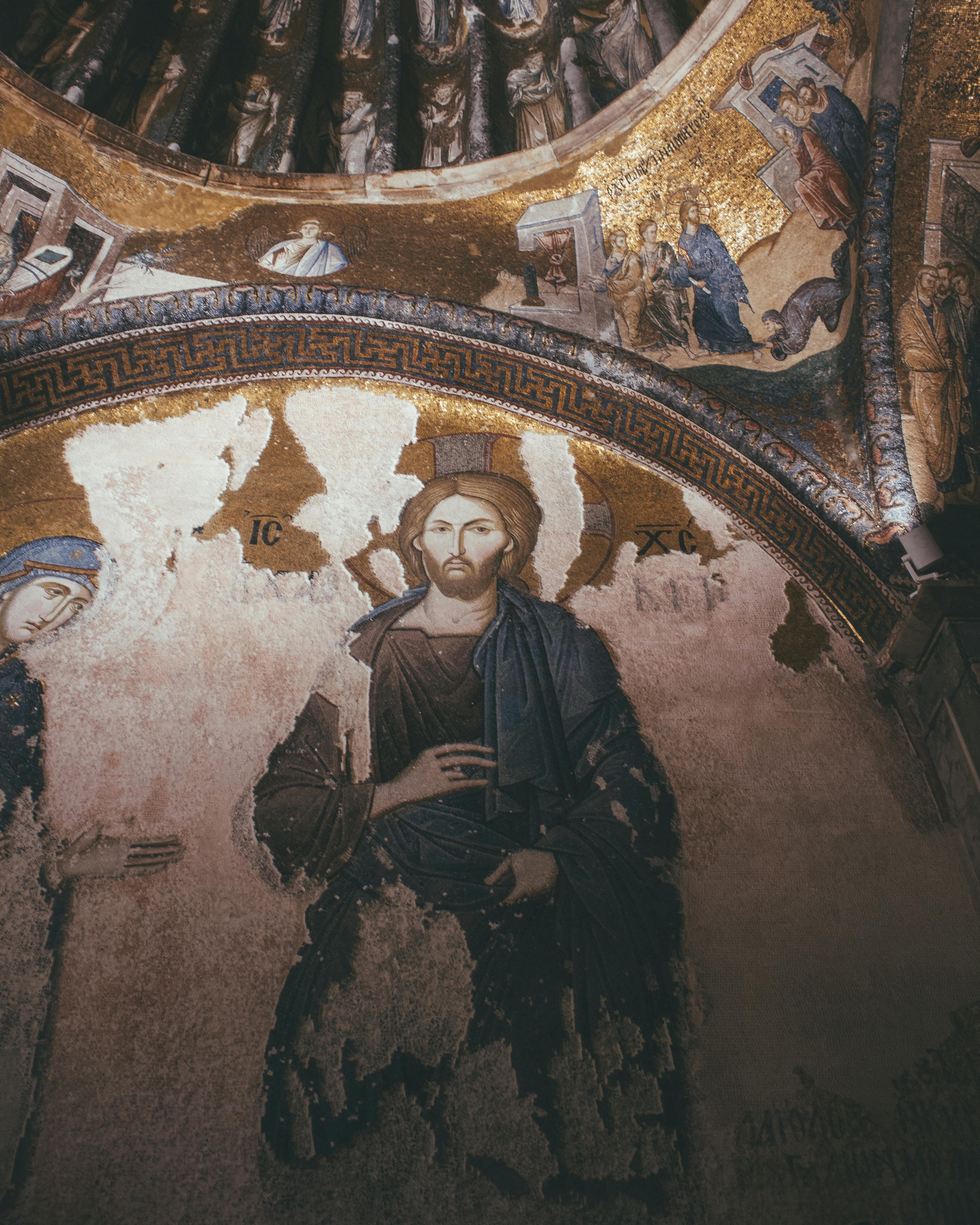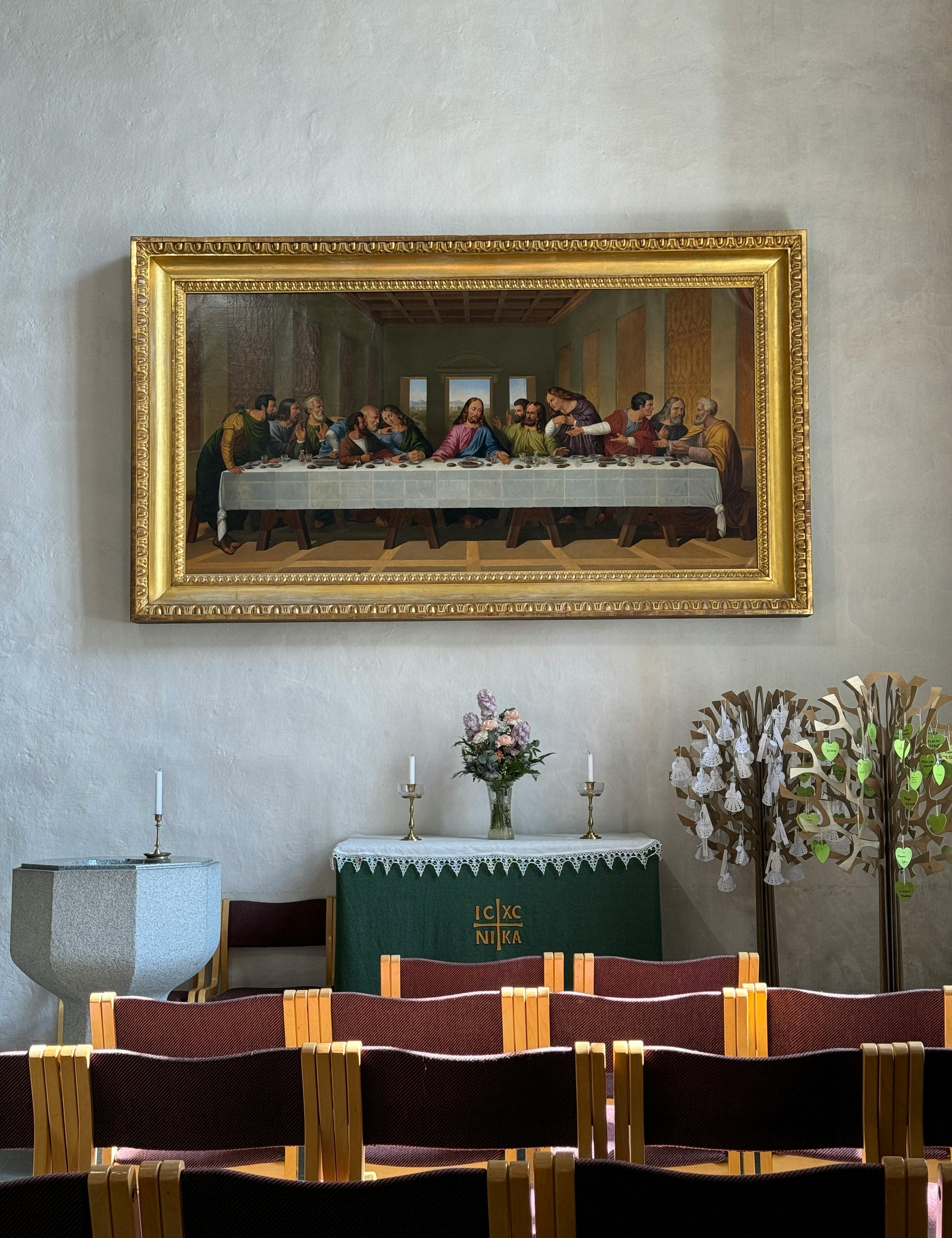Why Catholics Fast from Meat on Fridays During Lent
For centuries, Catholics around the world have observed the practice of abstaining from meat on Fridays during Lent. This longstanding tradition often raises questions: Why meat? Why Fridays? And what does this practice signify? Let’s explore the spiritual, historical, and practical dimensions of this Lenten discipline.

The Spiritual Significance of Abstaining from Meat
At its core, fasting and abstinence are acts of penance. Catholics abstain from meat on Fridays during Lent as a way to unite themselves with the suffering and sacrifice of Jesus Christ, who gave His life for humanity on Good Friday. By making a small sacrifice, Catholics express their sorrow for sin and their desire to grow closer to God.
Abstaining from meat is also a reminder to practice self-discipline and resist indulgence. This act of self-denial helps the faithful grow in virtue, strengthen their will, and focus on spiritual nourishment rather than physical comfort.

Why Fridays?
Fridays hold a special place in the Christian faith because they commemorate the day Jesus was crucified. Each Friday during Lent, Catholics are called to reflect on Christ’s Passion and death. By giving up meat, a common and often valued part of the diet, the faithful remember the ultimate sacrifice made for their salvation.
This weekly observance during Lent is part of the Church’s liturgical rhythm, designed to draw believers into deeper contemplation and gratitude for Christ’s love and mercy.
Why Meat?
Historically, meat has been considered a symbol of celebration and abundance. In many cultures, it was a luxury item reserved for special occasions. By abstaining from meat, Catholics adopt a more humble and simple diet, aligning with the penitential spirit of Lent.
Additionally, meat—traditionally red meat from mammals or birds—was chosen for its practicality. It was a staple food that could be easily recognized and avoided. This discipline encourages the faithful to simplify their meals and redirect their attention to prayer and almsgiving.
The Historical Roots of Friday Abstinence
The practice of abstaining from meat dates back to the early Church. Christians in the first centuries adopted fasting and abstinence as a way to prepare for significant feasts, including Easter. Fridays were set aside as penitential days because they marked Christ’s crucifixion.
Over time, the Church formalized this practice, encouraging all Catholics to observe abstinence from meat on Fridays, particularly during Lent. While fasting regulations have evolved, the tradition of abstinence has remained a cornerstone of Lenten observance.
A Global Tradition with Local Variations
While the universal Church prescribes abstinence from meat on Lenten Fridays, cultural adaptations bring diversity to this practice. In some regions, Catholics replace meat with staple foods such as fish, grains, or vegetables. Fish, in particular, has become synonymous with Lenten meals due to its simplicity and accessibility.
In some cultures, traditional recipes have developed around meatless meals, turning abstinence into an opportunity to celebrate local flavors while honoring the Lenten spirit. Including regional dishes as part of Lenten observance highlights the universality and adaptability of the faith.
The Call to a Deeper Sacrifice
Abstaining from meat on Fridays is more than a dietary restriction; it is a call to spiritual renewal. The Church encourages the faithful to pair this practice with other acts of penance, such as:
-
Prayer: Spend extra time in prayer, especially reflecting on Christ’s Passion. One of our favorite ways is through the Rosary. I may be biased but we have the most beautiful Rosaries out there!
-
Fasting: Consider a more rigorous fast, such as eating smaller portions or skipping a meal.
-
Almsgiving: Use the money saved from abstaining from meat to support the poor or donate to a charitable cause.
By combining these acts, Catholics can deepen their relationship with God and better prepare their hearts for Easter.
The Meaning Behind the Discipline
Ultimately, the practice of abstaining from meat on Fridays during Lent is about more than what is on the plate. It is an invitation to step away from worldly comforts and focus on the eternal. By embracing this small sacrifice, Catholics participate in the Church’s collective journey of repentance, humility, and preparation for the joy of the Resurrection.
By observing this tradition thoughtfully, Catholics are reminded of Christ’s love and inspired to serve others, grow in faith, and draw nearer to the heart of God. Including acts of charity and reflection ensures that the practice becomes a holistic expression of faith, further enriching the Lenten season.






